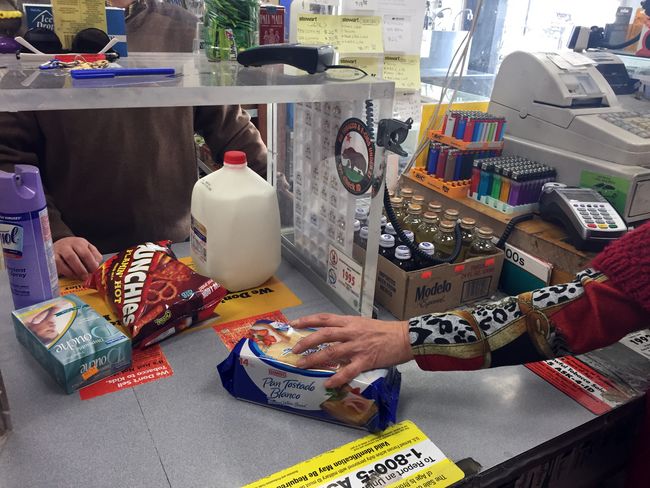
A small grocery shop owner, only identified by his last name Lee, has been running his business for two years. He was recently visited by the State Board of Equalization (BOE) for an inspection.
The BOE agent confirmed that Lee’s business had a sales permit posted in a visible area. He also reviewed Lee’s sales record before leaving.
Lee remained rather calm about the inspection after the agent left without pointing out any issue. However, the BOE issued a statement to Lee only two days later, requesting his tax records. The notice meant that the BOE is set to audit Lee’s sales tax records. Lee then contacted a Certified Public Accountant to prepare the required paperwork.
It is becoming increasingly common for the BOE to crack down on businesses attempting to dodge parts of their sales tax. The BOE is hinting that it will begin to start monitoring each business’s ratio of taxable sales and nontaxable sales.
Hence, businesses with significantly higher nontaxable sales will obviously be more susceptible to the BOE’s investigations. The stricter policy is expected to affect many Korean-run liquor stores, smaller grocery shops and delis in Los Angeles Koreatown.
Generally, a retail business in L.A. posts a ratio of approximately 85 to 15 or 75 to 25 between taxable and nontaxable sales. Tax experts agree that the figures may vary depending on the industry, but businesses posting a nontaxable sales rate of below 20 percent are more likely to be subject to investigations.
The BOE selects the businesses based on the recent three years of tax records. If and when a business is found to have evaded taxes, a full amount in addition to interests and fines will be imposed.
“The BOE is increasingly becoming more thorough with its auditing process,” said Koreatown CPA Joo-ho Yoon. “It’s likely that the BOE will even check on a business’s inventory records as well. The best way to respond to an audit notice is to contact a CPA to prepare for the investigation.”
Additionally, tax experts said that erroneous details on tax records, late tax report submissions, industry being prone to tax evasion cases and considerably lower revenue compared to other similar businesses may all lead to further investigation by the BOE.
“It’s obviously important for a business to keep a thorough record of its ratio between taxable and nontaxable sales,” CPA Martin Park said. “However, many businesses are still doing a lousy job on this front. It’s imperative for business owners to grasp a thorough understanding of how the sales tax is being imposed to avoid being investigated.”
However, some business owners argued that the line between taxable and nontaxable sales may vary depending on the situation. For example, a deli is supposed to tax customers who dine in at the restaurant, but not to the ones who order takeout. Deli owners claim that the customer’s choice is not always clear, making it difficult for them to choose who they should tax.
By Sung Cheol Jin





